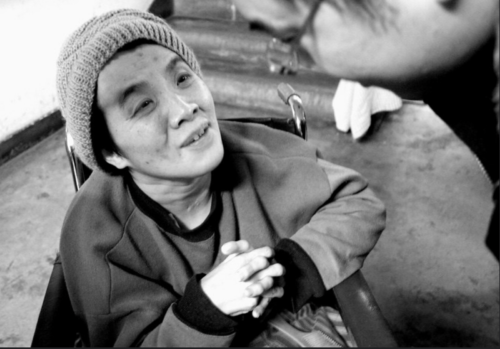Figure 1. An older woman gazes upwards. Image courtesy of Flickr.
Today, the US population is older than ever, and the demographic of adults ages sixty-five and older—known as the geriatric population—is estimated to double by 2060. This demographic shift will impact several areas of our healthcare system, including surgery.
A team led by Robert D. Becher at the Yale School of Medicine sought to understand why hospital readmissions are so prevalent among older patients after major surgery. Their study explored this phenomenon by analyzing data from Medicare beneficiaries, who are typically sixty-five and older.
They found that over one in four older adults are readmitted to the hospital within 180 days of surgery. These findings underscore a critical need for the identification of patients who may warrant special attention before undergoing surgery, like patients with frailty or possible dementia. “The magnitude of these effects [was] much larger than we had anticipated,” Becher said.
With surgical interventions on the rise, Medicare spending is expected to grow considerably, posing financial challenges to both patients and the Medicare system. Additionally, the looming shortage of surgeons, particularly in medical specialties that cater to older patients, threatens the quality of care. “Perhaps most importantly, the [surgical] outcomes that matter most are symptom burden, functional independence, and quality of life,” Becher said. Readmission is often counterintuitive to these goals, illustrating the need for more effective strategies to prevent readmission after surgery.
Looking ahead, Becher and his colleagues plan to develop improved systems of care for older adults—especially those who are vulnerable to complications. Ultimately, the researchers’ goal is to ensure every patient gets the quality care they deserve.
[Citation]
Wang, Y., Leo-Summers, L., Vander Wyk, B., Davis-Plourde, K., Gill, T. M., & Becher, R. D. (2024). National Estimates of Short- and Longer-Term Hospital Readmissions After Major Surgery Among Community-Living Older Adults. JAMA Network Open, 7(2), e240028–e240028. https://doi.org/10.1001/jamanetworkopen.2024.0028

